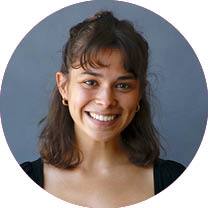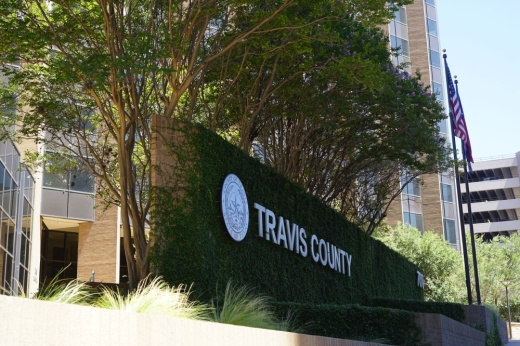The budget has an over $20 million increase from last year, funded in part by an increase in property tax revenue and a tobacco litigation settlement, which together brought in $286.1 million. Contingency reserves—essential emergency savings—will cover nearly $5 million in additional expenses.
The budget outlines new priorities for the district, including expanding services and direct care; implementing Epic, a software that holds electronic medical records; and building new health care clinics.
Central Health will build health care clinics in Hornsby Bend and Del Valle; expand on a multispecialty clinic in Rosewood-Zaragosa; and fund two new CommUnity Care clinics in Pflugerville and Chalmers Court. CommUnity Care clinics are funded by Central Health and share the mission to give health care services to the poor.
Central Health will also expand its Medical Access Program, a program that pays for health care services for uninsured Travis County residents whose family income is below 200% of the federal poverty level. The district serves over 100,000 MAP patients annually and is working to cover 18,000 more in the coming year, according to CEO Mike Geeslin.
The goal to serve an additional 18,000 patients reflects the estimated number of additional Travis County residents who are both low-income and uninsured, Geeslin said.
Along with the budget, commissioners approved quarterly work sessions with Central Health that are meant to improve transparency. Commissioners said the meetings will also help them better understand complex topics, such as health care finance and how to address disease disparities.
The budget and tax rate were both opposed by Commissioner Margaret Gomez, who represents residents from Precinct 4, an area in the southeast region that has historically faced difficulties getting access to health care.
Gomez said at the Sept. 20 meeting she would vote in favor of the budget if Central Health doubled funding for CommUnity Care and for the Central Health Premium Assistance Program—a program that pays health care premium fees for individuals, such as musicians, who do not have health care, as well as other investments.
“I’ve had hope all these 18 years,” Gomez said. “But I’m a little out of patience after 18 years. I’m hoping my vote will at least catch your attention.”
Commissioner Jeff Travillion, while ultimately voting for the budget, echoed Gomez’ concerns.
“We are still living in a time where if you live east of [I-35], you’re living 11 years shorter,” Travillion said. “Their lives are measurably shorter because of the services they receive.”
Geeslin said the new clinics, which are located in southeast Travis County, will help address health care inequity in the region.





